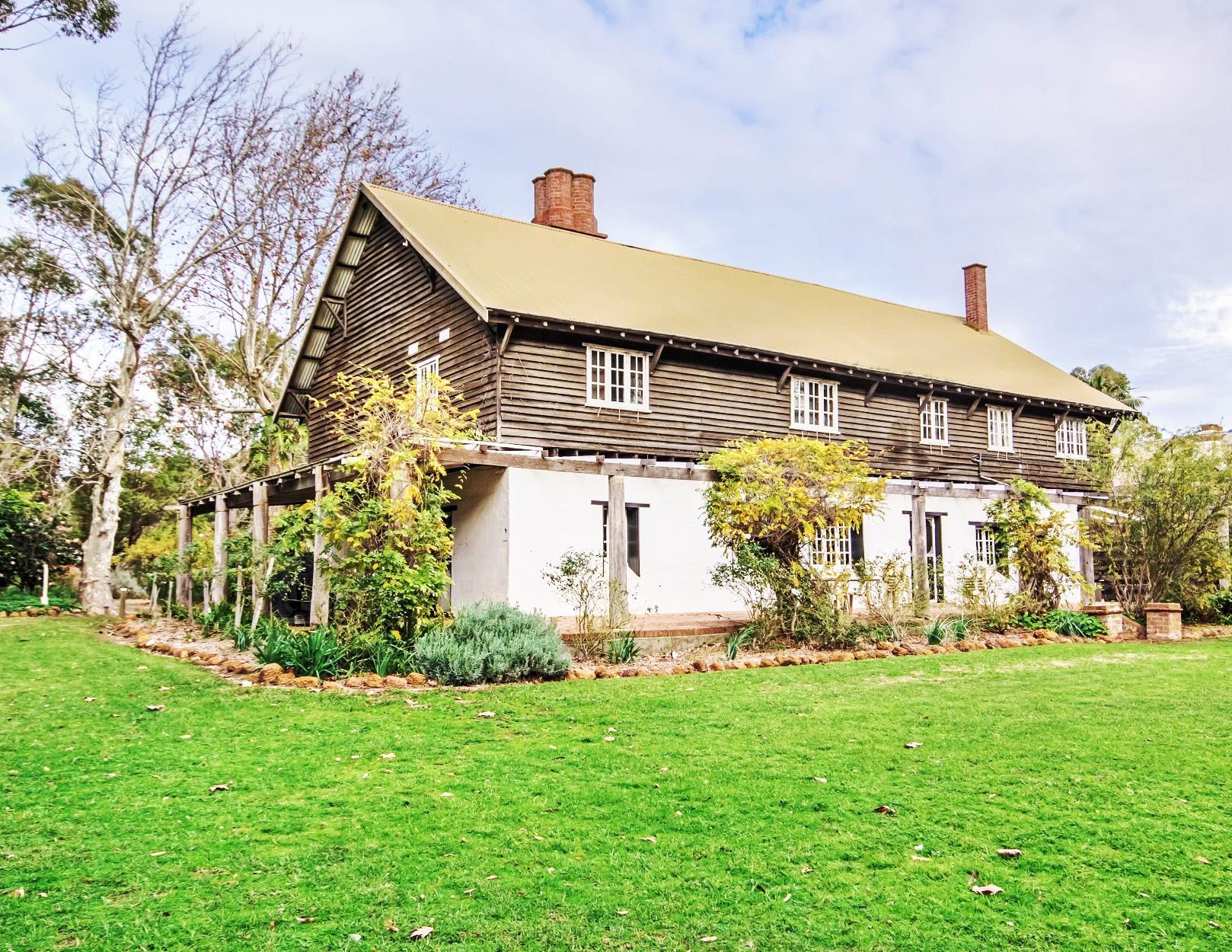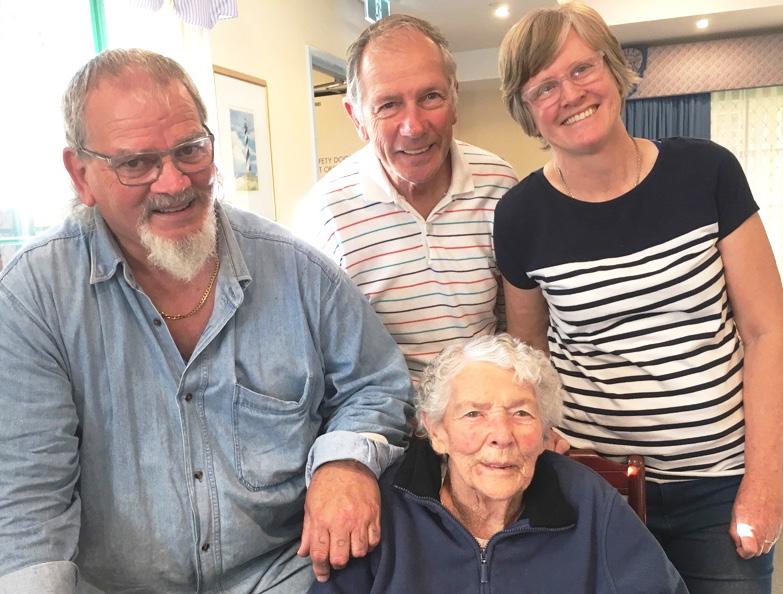
3 minute read
Aged care education
4 People who have had traumatic and abusive experiences in institutional care may dread the thought of going into an aged care Home.
Fortunately, most aged care is now provided by visiting services, in private homes, and people tend to live independently for much longer. It is also helpful that the current Royal Commission into AgedCare Quality and Safety is bringing the aged care sector under closer scrutiny.
Advertisement
In 2016, the Commonwealth Department of Health released the ‘Caring for Forgotten Australians, Former Child Migrants and Stolen Generations Information Package’, showing how early life experiences can affect older care leavers, and help aged care providers respond to their needs. The Package is a great start - we just need to make sure that aged care providers are aware of it and that, regardless of where aged care services are provided, agencies and workers understand the special needs of survivors of institutional abuse.
A recently-launched joint project between Tuart Place and Lanterns House will increase the number of aged care workers who are aware of the Package, and key issues that may affect their care-leaver clients.
A group of care leavers from Tuart Place and Lanterns, including Hilly Hill and Susanne Burke in their role “I’d rather die than go into a Home”
as members of the Alliance for Forgotten Australians (AFA), have been working alongside Tuart Place social worker Jan Newman and Reg Casley, Senior Manager of Adult Specialised Services at Relationships Australia, to develop a community education project designed to raise awareness in the aged care sector.
A great deal of groundwork was done by McCusker Foundation Intern Jake Norris during his 2018 placement at Tuart Place, where he was supervised by Jan.
Jake assisted Jan to ‘map’ the aged care sector in WA, as a foundation to the community education project. Jake also contacted interstate care-leaver agencies to learn if similar community education projects were underway, with a particularly positive response from Elm Place in Adelaide. The next step involves care leavers working with Jan and Debra Magi, Case Manager, Find & Connect (Lanterns House), preparing for care leavers to deliver presentations to community-based aged care agencies. Why not get involved?
Help inform aged care providers
Are you interested in talking to aged care service providers about what they need to know when working with older care leavers who experienced childhood abuse in institutions?
An opportunity exists to get involved with other care leavers working with Jan and Deb in preparation for community-based presentations.
If you would like to find out more, please contact Jan at Tuart Place in Fremantle (Ph: 6140-2380, Email: jan@tuartplace.org) or Deb at Lanterns House in Belmont (Ph: 61640240, Email: lanterns@relationshipswa.org.au)
National Apology
Twelve care leavers representing Tuart Place travelled to Canberra to attend the National Apology in October 2018.
Many among this group had also taken part in a formal consultation at Tuart Place in June, providing input designed to make the event more meaningful to survivors.
Our photo shows the group arriving in Canberra the day before the National Apology at Parliament House.
Support agencies across Australia, including Tuart Place, also hosted live viewing events so that survivors unable to attend in person could watch the Apology in a supported environment. Dale Lynch is a survivor of abuse in out-of-home care and Vice-Chair of Forgotten Australians Coming Together (FACT), the governing body of Tuart Place.
Dale writes: “Survivors have a legitimate fear of going into aged care facilities. They may also find it difficult having strangers come into their homes to provide various aged care services.
“Perhaps we need a card or something on our health file identifying us as survivors of institutional abuse, or/and something built into aged training to recognise that survivors of abuse have a fear of being abused again.”
Continued from page 1










